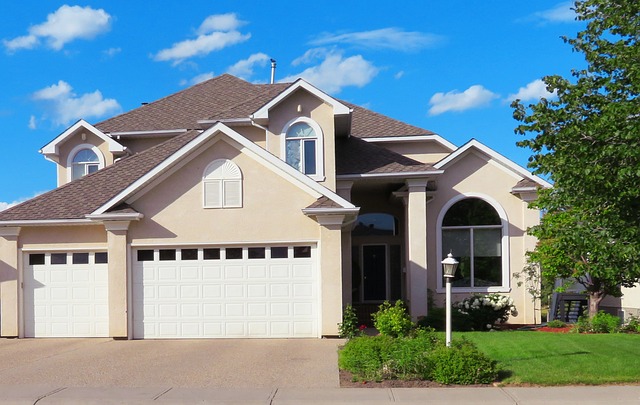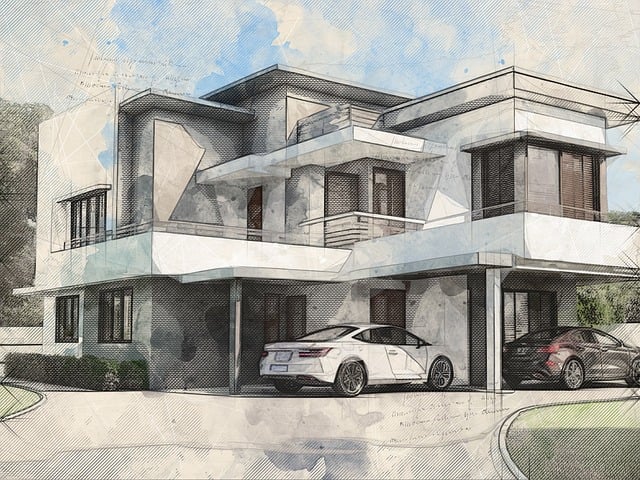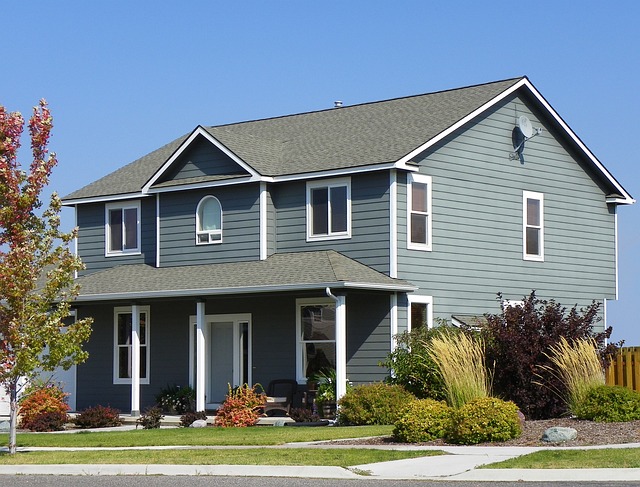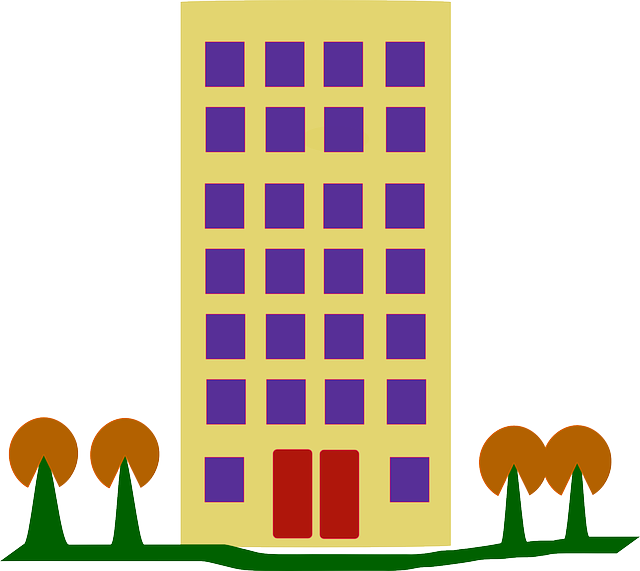Executive Condos (ECs) in Singapore cater to middle-income families, offering larger units at a lower cost than private condominiums while providing the same high-quality living standards. After a 10-year period where owners cannot sell on the open market, ECs transition from public to private property, often appreciating in value and becoming attractive resale options for upgraders. Private condominiums are typically found in prime locations or choice suburbs, offering luxurious amenities and a broader range of lifestyle choices, which can lead to higher rental yields due to their desirability among various demographics. Both ECs and private condos provide residents with shared facilities like pools and gyms, but the surrounding environment and locality greatly influence their investment potential and lifestyle convenience. Investors should consider their long-term investment goals, market trends, and personal preferences when choosing between an Executive Condo and a private condominium in Singapore's dynamic property market.
Navigating Singapore’s property market presents discerning homebuyers with a variety of options, among which are Executive Condominiums (ECs) and Private Condos. Both types of residences offer unique benefits and considerations for potential owners. This article delves into the key distinctions between ECs and Private Condos, exploring aspects such as ownership and eligibility requirements, pricing, resale and rental markets, design and amenities, location, and long-term investment potential. Whether you’re considering a new chapter in homeownership or an informed real estate investment, understanding the nuances of ECs versus Private Condos is essential for making the right decision for your lifestyle and financial goals.
- Understanding the Executive Condominium (EC) Phenomenon
- Ownership and Eligibility Requirements Compared: EC vs Private Condo
- Price Points and Financial Considerations for ECs vs Private Condos
- Resale and Rental Markets: Liquidity and Options for Both Property Types
- Design and Amenities: What to Expect in ECs and Private Condominiums
- Location and Surroundings: The Impact on Living Experience in ECs and Private Condos
- Long-Term Investment Potential: Prospects for ECs and Private Condos
Understanding the Executive Condominium (EC) Phenomenon
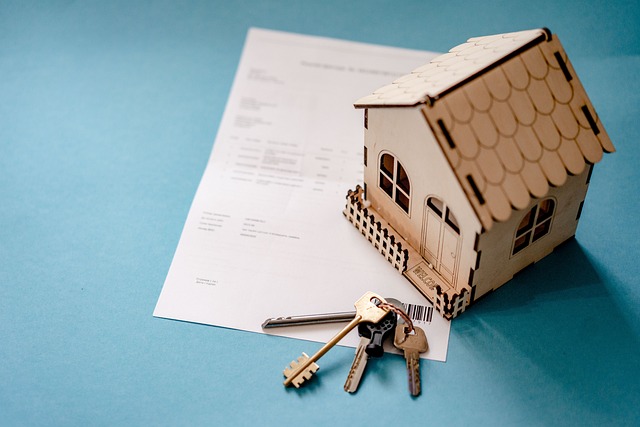
In Singapore’s dynamic property landscape, the Executive Condominium (EC) stands as a unique housing option that caters to the needs of both singles or couples who are unable to purchase a public flat due to income restrictions and families looking for a step up from a Housing & Development Board (HDB) flat. Unlike traditional public housing, ECs offer a blend of privacy and luxury with condominium facilities, while still being affordable for middle-income families. They are a hybrid of public and private housing, with the opportunity to subside the purchase price through government grants. This makes ECs an attractive proposition for first-time homeowners who aspire to enjoy condominium living without the hefty price tag associated with fully privatized condos. The eligibility criteria for purchasing an EC are distinct, as they are designed for Singaporeans who meet the income ceilings and have not previously owned a private residential property. This has led to the popularity of ECs among upgraders seeking a higher standard of living without the immediate financial constraints that come with fully privatized condos. The transition from an EC to a full private condo is also facilitated by the ‘En-bloc’ sale mechanism, where ECs can be sold collectively and residents may move into privatized units should they choose to in the future. Understanding the Executive Condominium phenomenon thus requires a nuanced look at its unique position within Singapore’s property market, its benefits, and its potential for transitioning into fully private condos, making it an important consideration for those navigating the housing options available in this vibrant city-state.
Ownership and Eligibility Requirements Compared: EC vs Private Condo
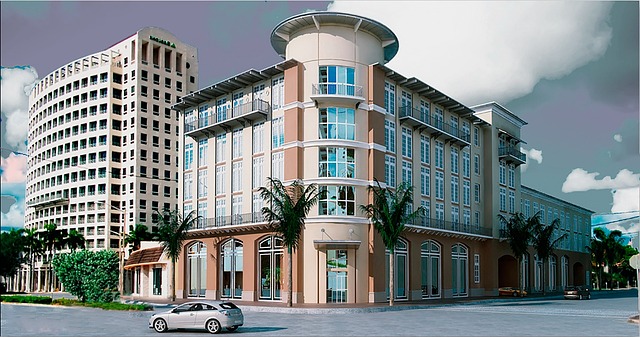
When considering the differences between an Executive Condominium (EC) and a private condominium in Singapore, one of the primary distinctions lies in the ownership and eligibility requirements that apply to each. An EC is a hybrid housing option designed for couples who cannot afford a private residential property but are aspiring homeowners. Unlike private condos, individuals who are applying for an EC must fulfill specific criteria set by the government. For instance, at least one applicant must be a Singaporean citizen, and the average monthly household income of $14,000 or less. Additionally, both first-time applicants and those who currently own a Housing & Development Board (HDB) flat can apply for an EC. On the other hand, private condos do not have such income restrictions or citizenship requirements. Foreigners are also allowed to purchase and own these properties without any stipulations. The key takeaway here is that while both ECs and private condos offer the luxuries of condominium living, the pathways to ownership and the eligibility criteria for each property type are distinctly different, with ECs being tailored for a particular segment of the population looking to make their first step into homeownership. Prospective buyers should carefully consider these differences when deciding which type of property best suits their needs and long-term plans.
Price Points and Financial Considerations for ECs vs Private Condos
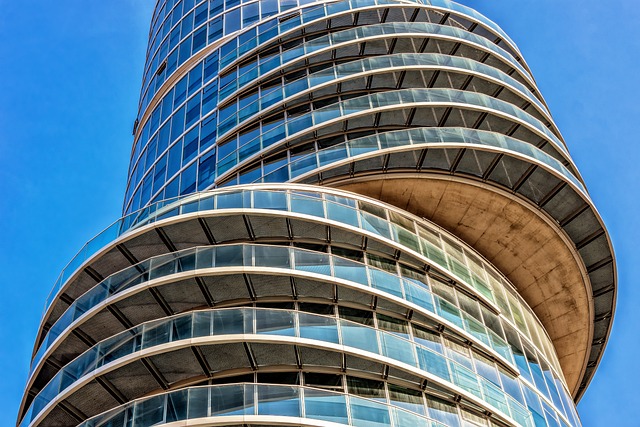
When considering the price points and financial implications of purchasing property in Singapore, discerning homebuyers often compare Executive Condos (ECs) with private condominiums. Executive Condos are unique hybrids designed to serve the middle-income group, offering a blend of public and private housing benefits. Typically, ECs are more affordably priced than their private counterparts, due in part to the smaller lease duration they come with—a 99-year lease versus the 999-year lease for private condos. This difference in lease term translates to a lower price point for ECs, making them an attractive option for those who do not seek the longevity of a freehold or leasehold property with an extended lease.
Financial considerations also extend to the eligibility criteria and loan regulations that apply to EC buyers. Unlike private condos, individuals are only eligible to purchase an EC if they meet the criteria set by the CPF Board, such as being first-time applicants for a housing loan and not owning another flat. Additionally, the mortgage loan limit for an EC is different from that of a private property, with higher limits for ECs under the Housing & Development Board (HDB) loans. These financial distinctions underscore the importance of understanding the specific financial implications associated with each type of dwelling before making a decision. Prospective buyers must carefully weigh their long-term objectives, budgetary constraints, and eligibility requirements to determine whether an Executive Condo or a private condominium aligns best with their lifestyle and financial planning.
Resale and Rental Markets: Liquidity and Options for Both Property Types
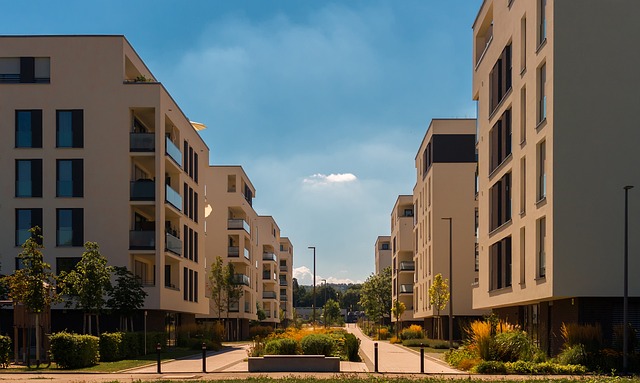
When considering the resale and rental markets, both Executive Condos (ECs) and private condominiums present distinct opportunities and challenges for potential investors or residents. The resale market for ECs offers a unique dynamic, as these properties enjoy a 10-year ownership restriction post-purchase, after which they can be sold on the open market like any other non-landed private residential property. This matures into a robust resale market, with a wide array of options available to buyers seeking a mid-range housing alternative. ECs often appeal to upgraders from public housing who are looking for a more spacious and modern living environment than what HDB flats traditionally offer.
On the other hand, private condos have been a mainstay in Singapore’s property market for a long time, catering to a diverse demographic including expatriates, high-net-worth individuals, and local investors. The resale market for private condos is typically more established with a longer track record, which can provide potential buyers with clearer indicators of capital appreciation and rental yield trends. Renting out a private condo can be attractive to tenants due to their full range of facilities and amenities, often including swimming pools, gyms, and other lifestyle features that ECs might also offer post-maturity. Both types of properties are subject to market forces, but the rental options for private condos tend to cater to a broader spectrum of tenants due to their location, size, and luxury offerings, which may not always be found in ECs during their initial years of ownership. In terms of liquidity, both ECs and private condos have their own merits; however, the latter generally has a more active resale and rental market, especially in prime locations or developments with standout features. Investors looking for short to medium-term investment opportunities may find private condos more versatile, while those seeking a longer-term commitment with the potential for future upgrading may prefer the structured trajectory of an EC.
Design and Amenities: What to Expect in ECs and Private Condominiums
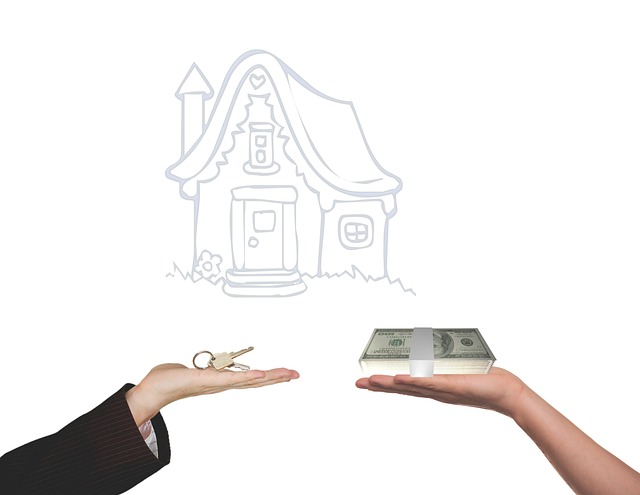
Location and Surroundings: The Impact on Living Experience in ECs and Private Condos

When considering a home in Singapore, both Executive Condos (ECs) and private condominiums present unique living experiences shaped by their locations and surroundings. Executive Condos cater to the mid-market segment of the property landscape, offering a blend of public and private amenities. Typically, ECs are situated in mature estates like Sengkang, Tampines, Bishan, and Woodlands, where residents enjoy a mix of convenience and tranquility. These developments often border Housing & Development Board (HDB) estates, ensuring a vibrant community atmosphere. In contrast, private condominiums are often found in prime districts or choice suburbs and are designed with upscale amenities in mind. They may be nestled amidst commercial hubs, cultural enclaves, or serene neighborhoods, each offering a distinct lifestyle experience. The location of a private condo is more likely to reflect its surroundings, with a focus on either the bustle of city life or the seclusion of a quieter area. Proximity to business districts, educational institutions, and entertainment options varies between ECs and private condos, influencing the daily convenience and lifestyle choices available to residents. While both types of residences offer the high-rise living experience with shared facilities like swimming pools, gyms, and playgrounds, the context in which they are situated—be it a mature town with established infrastructure or an exclusive enclave with luxury amenities—is where their differences lie most prominently. This context not only affects the immediate lifestyle but also the potential for capital appreciation and the long-term value of the property.
Long-Term Investment Potential: Prospects for ECs and Private Condos

When considering long-term investment potential in Singapore’s property market, both Executive Condos (ECs) and private condominiums present unique opportunities and challenges. ECs, a hybrid housing scheme that caters to Singaporeans who are unable to purchase a public housing flat due to higher income or have larger families, offer a compelling proposition for investors looking at the long-term landscape. These properties, which enjoy a 10-year ownership limit before they revert to private property status, tend to appreciate in value over time as they transition from Housing & Development Board (HDB) to private ownership. The initial affordability and subsequent potential for resale at a higher price point make ECs an attractive investment for those with a medium to long-term view.
On the other hand, private condos are a mainstay in Singapore’s property market, known for their premium locations, comprehensive amenities, and luxury living spaces. These properties often benefit from being situated in established or up-and-coming prime districts that promise robust rental yields due to strong demand from both locals and expatriates. The value of private condos typically appreciates steadily with time, underpinned by the scarcity of land in Singapore, which drives up property prices. Investors looking at long-term gains should consider factors such as the condo’s location, development potential, and historical price performance to make an informed decision. Both ECs and private condos have their merits; however, investors must weigh their investment horizons, market trends, and personal circumstances when choosing between these two property types for long-term investment purposes.
